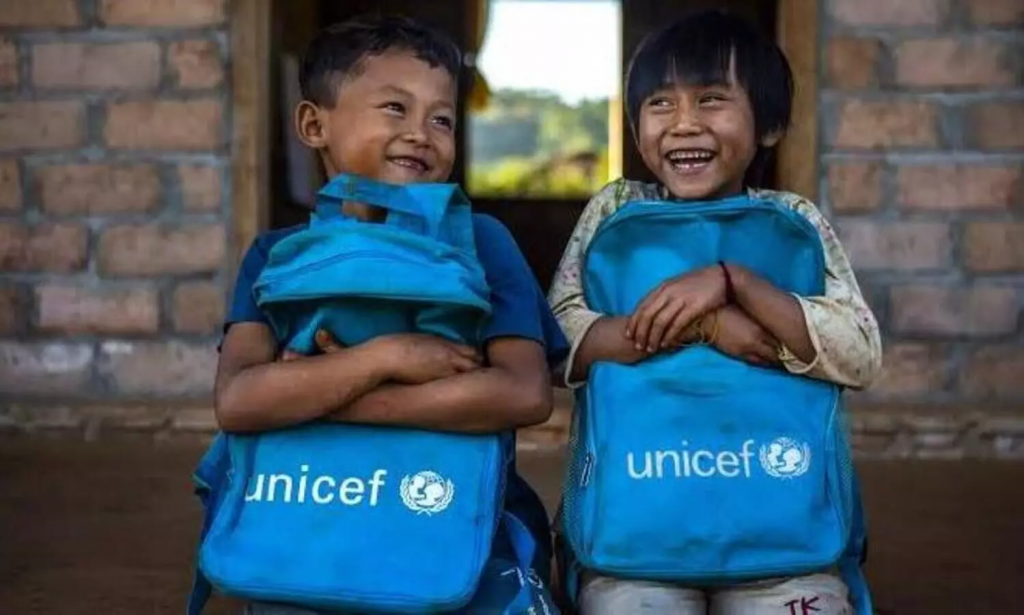Kolkata: UNICEF has partnered with the West Bengal Health & Family Welfare Department to enhance treatment and care for children with non-communicable diseases, including juvenile diabetes, at the grassroots level.
Juvenile diabetes, or Type 1 diabetes, occurs when a child’s pancreas fails to produce insulin, necessitating multiple daily insulin injections to manage blood sugar levels.
Dr. Monjur Hossain, UNICEF’s chief in West Bengal, stated that the initiative aims to create a primary healthcare model focused on preventing and controlling non-communicable diseases in children by strengthening community and primary healthcare systems.
Dr. Vandana Bhatia, a health specialist at UNICEF, explained that the first step involves training healthcare providers—such as medical officers, nurses, and community health workers—on juvenile diabetes and other childhood non-communicable diseases. This training will also aid in identifying and referring more children to specialized clinics for non-communicable diseases.
Currently, five districts in West Bengal—Howrah, Hooghly, North 24 Parganas, South 24 Parganas, and East Burdwan—along with SSKM Medical College & Hospital in Kolkata, have clinics for non-communicable diseases that treat nearly 600 children annually. Hossain noted that ten more district hospitals have been approved to establish similar clinics, with plans to expand the initiative statewide.
According to data from the Young Diabetic Registry of India, five out of every 100,000 children in the country are affected by juvenile diabetes. Dr. L Swasticharan, Additional DDG and Director (EMR) of the Union Health Ministry, highlighted that changing lifestyles and increased junk food consumption among youth contribute to the rising prevalence of non-communicable diseases in India.
